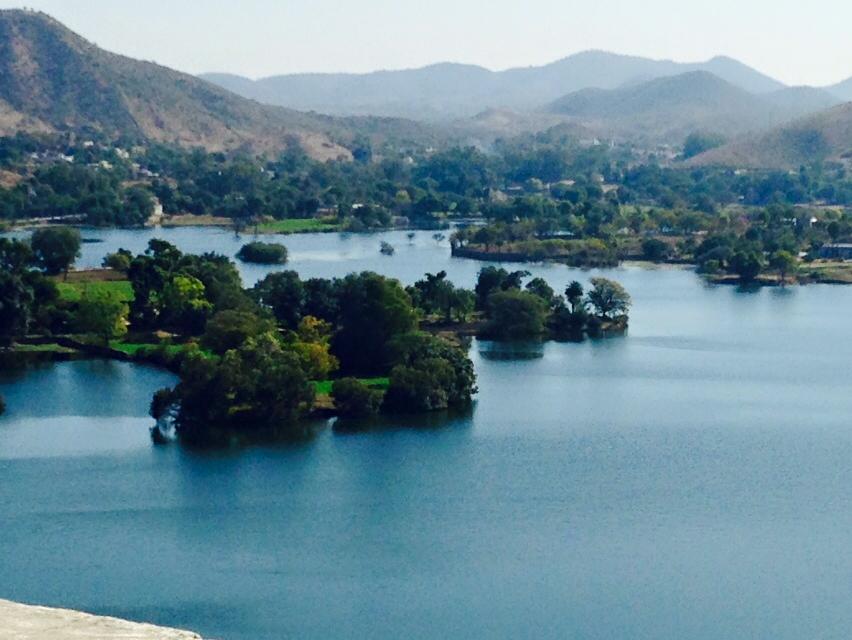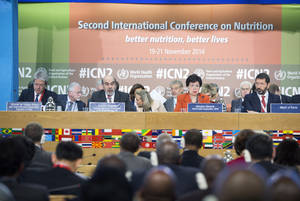Nutrition and Hydration week 2016 will be marked , this year, from Monday 14 – 18 March 2016.
The aim of the awareness week is to create a global movement to reinforce and focus energy, activity and engagement on nutrition and hydration as an important part of quality care in health and social care settings. The value of food and drink is immeasurable in assisting the prevention of avoidable malnutrition related illnesses.
Estimates suggest that 1.3 million people over the age of 65 suffer from malnutrition, with the vast majority (93%) living in the community. Furthermore, one third (34%) of people aged 65 years or over are at risk of malnutrition on admission to hospital.
Ruth Boyce, Senior Specialist Dietitian for Leicester’s Hospitals, said: “It is paramount that we continue to recognise and highlight the importance of providing adequate nutrition and hydration to our patients as part of delivering the highest quality of care.”
The team has organised a series of activities throughout the week to encourage staff and patients to get involved. Wards across the three hospital sites will be invited to promote nutrition through a different theme picked for each day, such as ‘Monitoring Monday’, ‘Training Tuesday’ and ‘Thirsty Thursday’.
On Wednesday afternoon wards will be encouraged to take part in a Worldwide Afternoon Tea, to promote awareness of the work the Nutrition and Dietetic team and show how to improve nutritional intake. The Worldwide Afternoon Tea will be an attempt at the world record by the Nutrition and Hydration week team and will indicate each participating organisation’s commitment to improving nutritional care.
Photographs, videos and updates about Nutrition and Hydration week will be posted on the Dietitian team’s Twitter account – @UHL_DIETITIANS. For more information about Nutrition and Hydration week 2016, visit www.nutritionandhydrationweek.co.uk.

